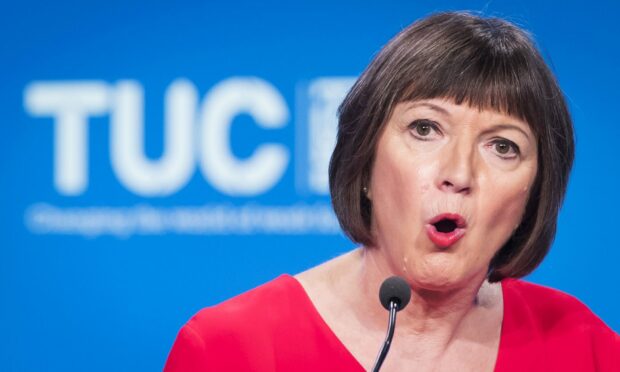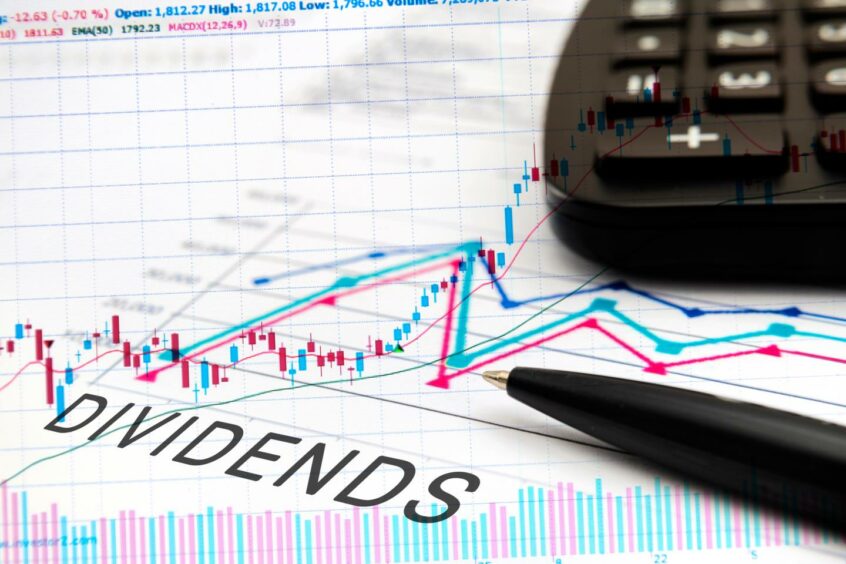New research published today (December 10) shows UK workers’ retirement pots get scant reward from the London Stock Exchange.
The report – Do dividends pay our pensions? – finds the proportion of UK shares directly held by Britain’s pension funds fell from nearly one in three in 1990 to less than one in 25 by 2018, a decline of more than 90%.
Its authors say workers in UK-listed firms deserve a clearer understanding of who benefits from their labour, and how much is captured by a “wealthy minority”.
We need economic reforms to make big business work for the benefit of everybody, not just a small number of wealthy executives and investors.”
Luke Hildyard, High Pay Centre.
The report is co-authored by the TUC, Common Wealth and the High Pay Centre (HPC).
They say that from 1981 to 1998 UK pension funds accounted for more than a quarter of the total market value of London-listed shares.
But this has declined to around 2.4% for direct ownership , or 6% with indirect shareholdings included, the document says.
“Working people deserve a fair share of the wealth they create.”
Frances O’Grady, TUC.
Recommending reform, it says the balance between the interests of a firm’s workforce and its shareholders has tilted too far towards shareowners and away from the people who create the wealth.
And it calls on the UK Government to step in to “restore fairness” to workers.
In addition, it says directors’ duties should be rewritten to remove the current requirement to prioritise the interests of shareholders over those of other stakeholders.
Report calls for more ‘workers’ on company boards
Boardrooms should promote the long-term success of companies as their primary aim when making decisions, and be legally obliged to give as much weight to the interests of staff and other stakeholders as they do to shareowners, the report says.
Other recommendations include boardroom roles for directly elected workers and “stronger” collective bargaining rights for employees.
The authors have also called for more transparent reporting requirements to show exactly who is behind investments into listed firms – and how revenues and profits are benefiting other stakeholders and areas like research and development, or training.
‘This isn’t how it should work’
TUC general-secretary Frances O’Grady said: “Working people deserve a fair share of the wealth they create.
“This should come through wages, pensions, and reinvesting profits to safeguard the future of the firm and its workforce.
“But in the last two decades, wages have stagnated, pension schemes have been curtailed with the loss of defined benefits, and the connection between UK pensions and UK shares and dividends has been severed.
“This isn’t how it should work. But we can restore fairness by reforming company law so that directors have duties beyond short-term profits for shareholders.
“And we can restore the power that workers need to gain their fair share with stronger bargaining rights.”
Common Wealth director Mat Lawrence said: “Ensuring working people share in the wealth they create is fundamental to turning ‘levelling up’ from rhetoric to reality.”
HPC director Luke Hildyard added: “Our research shows that a tiny and shrinking proportion of corporate Britain’s vast pay-outs to shareholders reaches ordinary savers, while workers are denied a voice in the running of the companies they help to succeed.
“We need economic reforms to make big business work for the benefit of everybody, not just a small number of wealthy executives and investors.”
Your Money: Scotland ranked fifth in UK-wide financial health check

